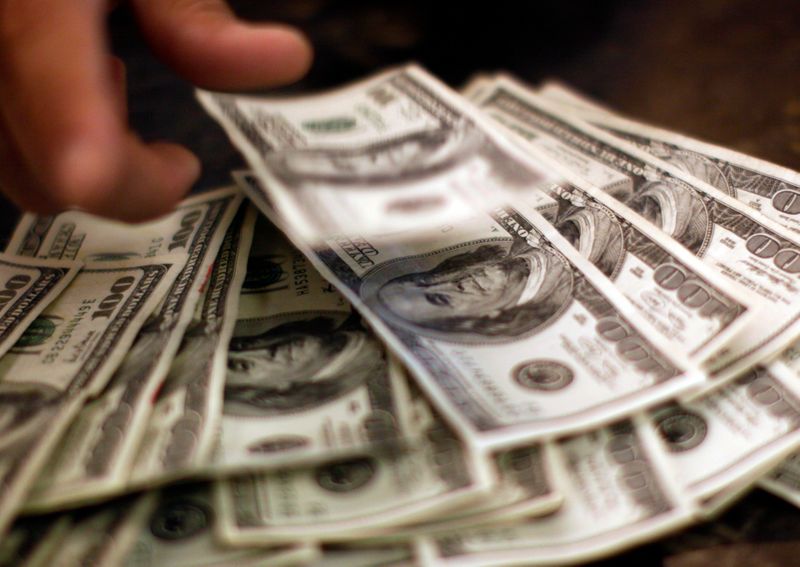Investing.com – The volatility of the US dollar as a result of conflicting signals surrounding the rates plans of the Trump government suggests that Trumps second term, at least in some respects, will probably resemble the first, according to Capital Economics.
The sharp sale of the US dollar on Tuesday followed reports that the many implementing decisions that the new president would sign did not have an immediate increase in the American rates. A few hours later, the dollar recovered after Trump suggested that he would introduce 25% import duties on China and Mexico in February.
“The first and most obvious point is that it is unlikely that this will be the last episode during Trump’s second presidency,” said analysts of Capital Economics in a note of January 21, “with this pattern of leaks and counter reactions that is known of the trade war between the US and China of 2018-2019. “
“Just as was the case at the time, the uncertainty about Trump’s intentions will probably lead to a lot of volatility in the short term on the currency markets.”
An important implication of these steps is that some expectations of higher rates have since been discounted, according to Capital Economics.
Positioning data indicates that market participants are on the net heavy lung in dollars, which increases the space for sale if there is dollar negative news, either for rates or for other reasons.
It is more difficult to claim that expectations around rates have been the greatest driving force in currency markets in recent months, or that higher American rates have almost completely been defeated.
Instead, we think that the most important driver of the stronger dollar has been prosaic: the recovery of US economic figures since the fear of the recession in the third quarter, combined with bad news in Europe and China, has led to a shift of The interest differences in favor of the American economy. US.
That said, our work assumption that Trump will introduce great import duties on China later this year, “and that is why we predict that China will be one of the worst performing currencies this year.”


